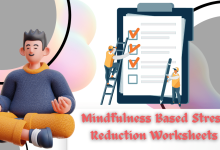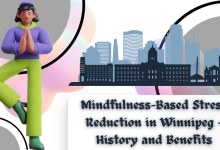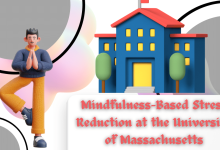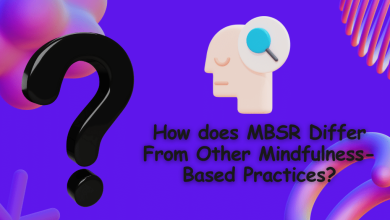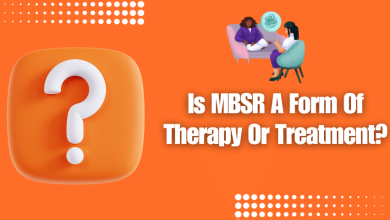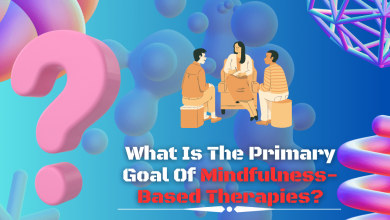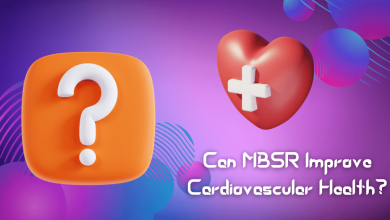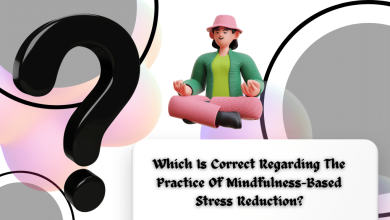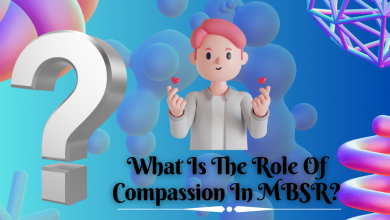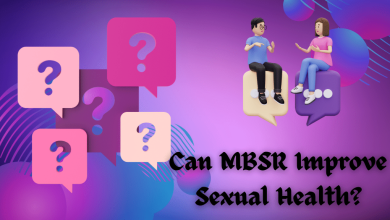Can MBSR Help With Trauma Recovery? Quick Answers
Yes, Mindfulness-Based Stress Reduction (MBSR) has been shown to be an effective tool in helping individuals recover from trauma.
Trauma can be defined as a deeply distressing or disturbing experience, which can have long-lasting effects on one’s physical, emotional, and mental well-being.
Trauma can manifest in many different ways, such as post-traumatic stress disorder (PTSD), anxiety, depression, and other mental health conditions.
MBSR can help individuals recover from trauma by providing them with tools to manage and alleviate their symptoms.
How Can MBSR Help With Trauma Recovery?
MBSR can help with trauma recovery in several ways.
First, it provides individuals with tools to manage their symptoms, such as anxiety and hyperarousal.
Through mindfulness meditation, individuals can learn to observe their thoughts and feelings without judgment, which can help them develop greater emotional regulation.
Secondly, MBSR can help individuals develop a greater sense of self-compassion.
Trauma can lead to feelings of shame, guilt, and self-blame, and mindfulness practices can help individuals learn to be kinder and more accepting of themselves.
Finally, MBSR can help individuals develop a greater sense of connection with others.
Trauma can lead to feelings of isolation and disconnection, and mindfulness practices can help individuals develop greater empathy and compassion for others, which can lead to increased feelings of social support and connection.
Practical Example
For example, imagine a veteran who has experienced trauma during their service.
They have been diagnosed with PTSD and have difficulty sleeping, are easily triggered, and have intense feelings of anxiety and hypervigilance.
They start attending an MBSR program and learn mindfulness meditation techniques, body scanning, and gentle yoga.
Through these practices, they begin to notice their thoughts and feelings without judgment, and they learn to regulate their emotions more effectively.
They also develop a greater sense of self-compassion, which helps them let go of feelings of shame and guilt.
Finally, they begin to feel more connected with others, as they develop greater empathy and compassion for those around them.
Over time, they begin to feel more at ease, sleep better, and experience fewer symptoms of PTSD.
Conclusion
MBSR can be a powerful tool in helping individuals recover from trauma.
By providing individuals with tools to manage their symptoms, cultivate greater self-compassion, and develop a greater sense of connection with others, MBSR can help individuals move toward healing and recovery.
